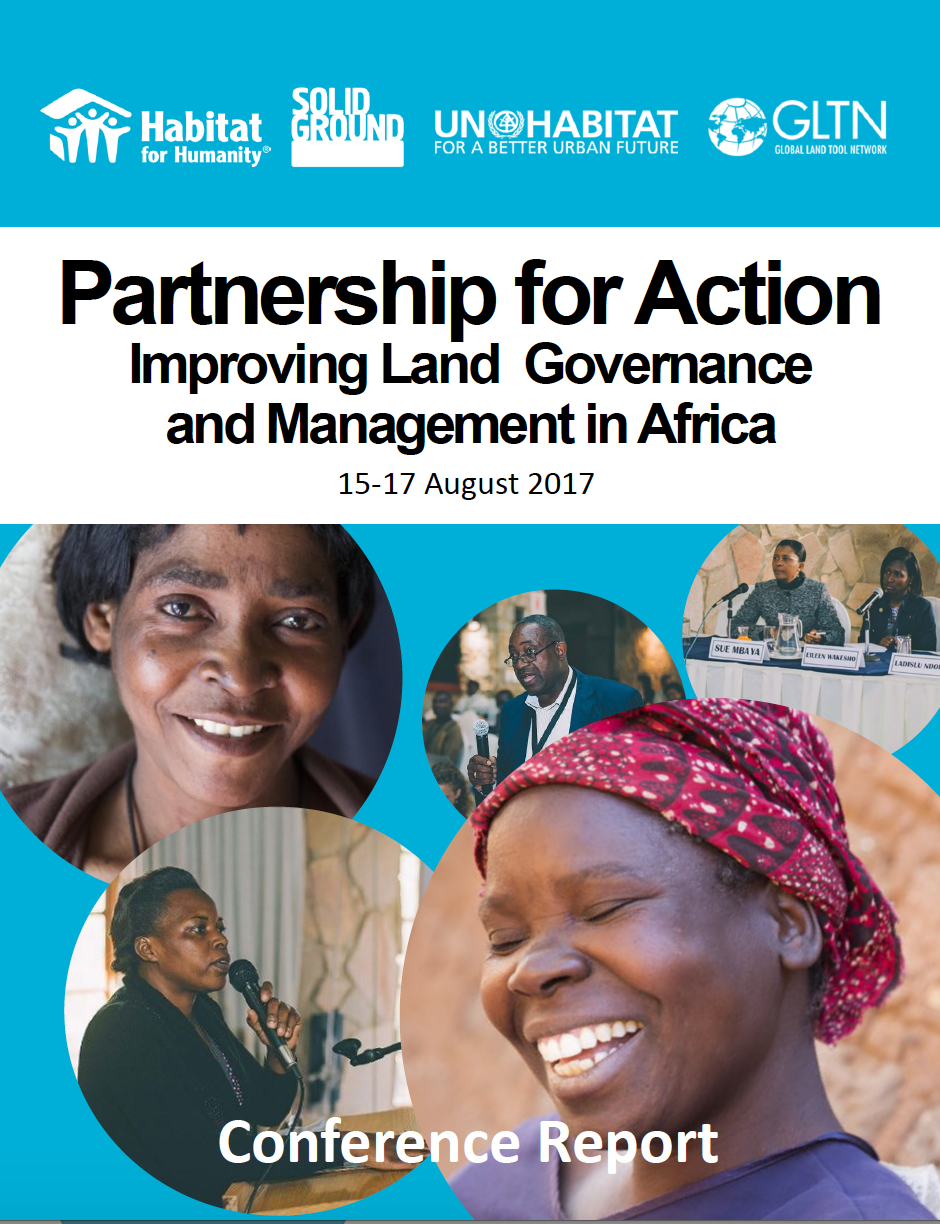This report outlines administrative ways to harmonise state and traditional institutions in terms of land justice in Uganda. Customary justice within the traditional clan system in Uganda offers big advantages over the state judicial system in terms of physical access and costs. A significant…
First published 2017
Grassroots organizations do not need to wait for the state to implement Voluntary Guidelines on the Responsible Governance of Tenure of Land, Fisheries and Forests in the Context of National Food Security (Tenure Guidelines or TGs). Rural communities can take governance into their own hands and…
This research reviews legislation and policies in Zimbabwe that have a direct or indirect bearing on the relocation of communities. The current model for large-scale investments has changed from previous models, where the majority of investment projects were undertaken by international companies…
How and why do political reactions of certain rural groups align or depart from those of others? Findings suggest that in settler societies, aspects of green grabbing (or land grabbing) may be understood as acts of “white belonging.” Likewise, green grabbing presents other groups with…
The impacts of large-scale agricultural investments on rural communities’ land ownership, food security, productivity, income, and access to education and health differ within and between communities depending on business and government influence. Recent examples of large-scale investment models…
Our goal is to provide the scientific basis for development investments and policies that promote more productive, profitable agriculture, and healthier diets at no environmental cost. Low-income, smallholder farmers face significant challenges across sub-Saharan Africa (SSA). High population…
The Partnership for Action: Improving Land Governance and Management in Africa Conference took place in Pretoria, South Africa from 15 - 17 August 2017. The conference was part of Habitat for Humanity’s activities under the Global Land Tool Network (GLTN) Urban CSO Cluster of UN-Habitat…
Undemocratic politics, policy making and law making interpretation and implementation, prove to be drivers of land grabbing in the four country studies presented here. Food and Agricultural Organization of the United Nations (CFS/FAO) Guidelines on Responsible Governance of Tenure of Land,…
Understanding and interpretation of the CFS/FAO Guidelines on the Responsible Governance of Tenure of Land, Fisheries and Forests (Tenure Guidelines or TGs) is a key factor in communities’ capabilities for collective action, especially through the organization of land pressure groups. TGs help…
A widely held belief in Bobira is that private land is more fertile than communal land. What came to light through the workshop information sharing is that there is no difference in the type of soil in villages compared to freehold land. Any difference in soil quality is a result of how the land…










